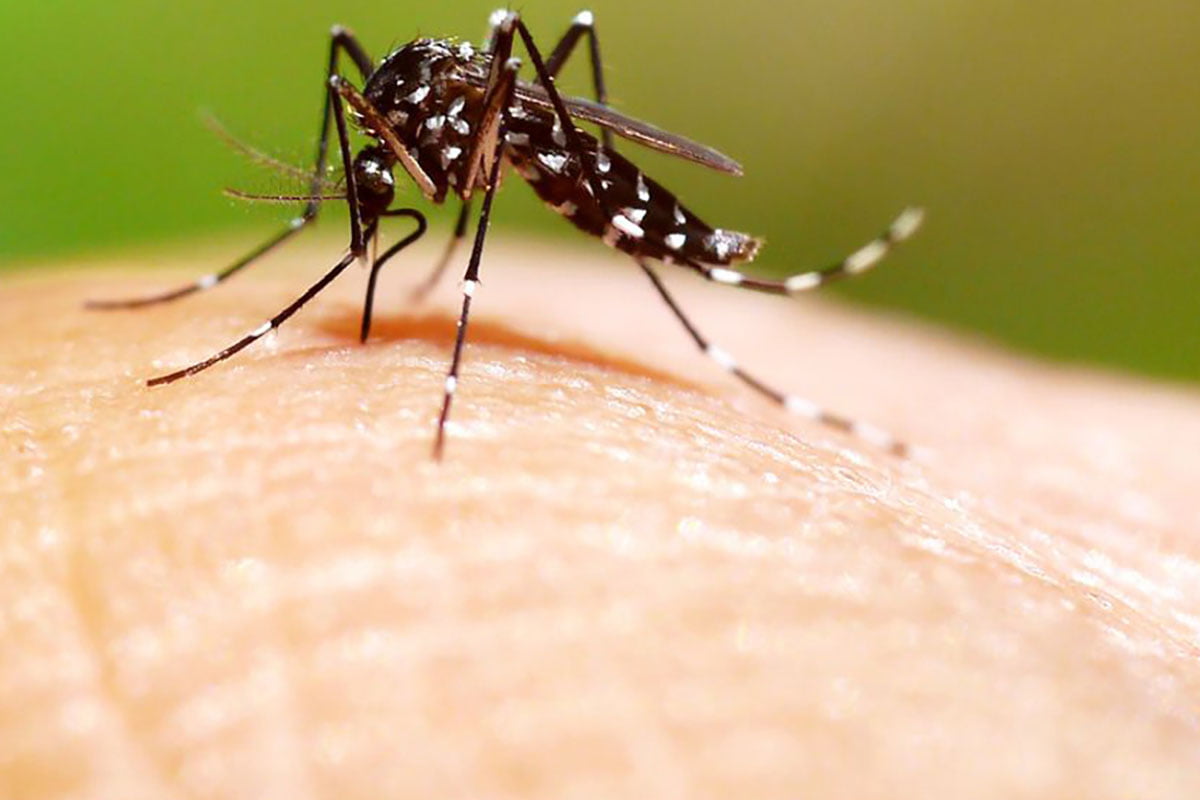Health Care Problems – Advice from Dr Scott
All developing countries suffer from the same problem – a lack of money, the consequences of which are poor educational standards, a lack of qualified personnel, and corruption. All of these factors affect the provision of health care. The absence of the rule of law and the poor enforcement of regulations means that there are some bogus doctors (including foreigners), there can be false blood results (either fake chemical reagents used e.g. for malaria, or falsified laboratory reports e.g. for typhoid) and fake medicines (10% of drugs sold in some Cambodian pharmacies are fake/substandard); each pose a threat to the unwary patient.
With the triumph of capitalism over communism, the lust for money has hit Cambodia hard. Do not expect to find high medical ethical standards even in some of the foreign-run clinics. For the first time visitor to Cambodia, it is not as easy as it looks to find the right clinic. Foreign guidebooks and websites are often out of date (some clinics have closed or moved address); only 24-hour clinics are listed, while other good clinics are not. Some locally produced guides only list clinics that have paid for advertising and are not concerned with whether the clinic doctor is bonafide. The use of the words international/expatriate should not be taken to mean Western doctor.
Many 24-hour clinics do not have a resident doctor on site. Remember too that the best doctors usually choose to work during the day and the less qualified work the night shift. Personal recommendations can be helpful but be aware that recommendations are often based on the personal preferences, and not necessarily on the medical capabilities, of the doctor. Phnom Penh has a large expatriate NGO and Christian community, many of whom discriminate on the basis of gender or sexual orientation, the consequence of which may be that a less qualified doctor is recommended. Facebook is littered with bad medical advice and those requesting a “good cheap doctor” fail to realise that this is an oxymoron and as a consequence are already on the road to disaster.
Some basic rules for the visitor in consulting a qualified doctor in Phnom Penh
- Have medical insurance before you arrive – it is worth it.
- If you become ill, remember that your life is worth more than money; do not try to save a few dollars by self-medicating from a pharmacy, or looking for the cheapest, and probably worst, health provider around. See a qualified medical doctor who speaks your language; if you cannot even communicate with the doctor you are already on the way to a wrong diagnosis and wrong treatment.
- Have plenty of cash on hand. Most clinics accept only US$ cash. US$100 should be enough for most clinic visits including blood tests and medicines. The standard overnight charge in a Cambodian clinic is around US$50, but in a Western hospital is around US$500. However, if you need to stay in a hospital then you probably should go to one in Bangkok.
- If you telephone a clinic in advance about fees be aware that some clinics may not tell you on the phone about the associated fees you will be expected to pay. For example you may ask the cost of a vaccine and be told a price, only to discover, after the vaccine has been given, that there is an additional doctor’s consultation fee.
- Be suspicious of doctor fees that are much lower than in comparable clinics – the ‘doctor’ may be a nurse.
- Look for the Cambodian Ministry of Health license on the wall – it should have a photo of the doctor you are consulting. However, remember that this just certifies the doctor is licensed to operate a business and does not reflect on the competence or otherwise of the doctor.
- Look for the university medical diplomas hanging on the wall; check that the name on the diplomas matches the name of the doctor.
- Remember that all bogus doctors are extremely popular, so as to prevent complaints leading to exposure, and will do anything anytime. Real doctors are not always so accommodating.
- If in any doubt check with the foreign embassy of the doctor concerned; the doctor may be on the embassy list of practitioners, although they often only list 24 hour clinics; in addition all foreign doctors are required to be licensed by the Ministry of Health, and as part of the licensing process each foreign embassy will have had to have certified that the doctor is bona-fide and has the medical degrees he/she claims. However, some embassies show little interest in such matters.
- Make sure you leave the clinic knowing what is wrong with you. Ask the doctor to write the diagnosis on the receipt.
- If you are not better after 3 days tell the doctor.

Health Care Problems - Advice from Dr Scott
Get the latest medical advice and tips on how to stay healthy in Cambodia from Dr Gavin Scott.

Air-Borne Infections
Air-borne infections can be difficult to avoid. Learn how to treat common colds, influenza and other infections in Cambodia.

Sexual Diseases
Get the latest information on sexually transmitted diseases in Cambodia, how to avoid them and how to treat them.

Tropical Insect-Borne Infections
What are they in Cambodia, and what vaccinations and treatments are available in 2024.
